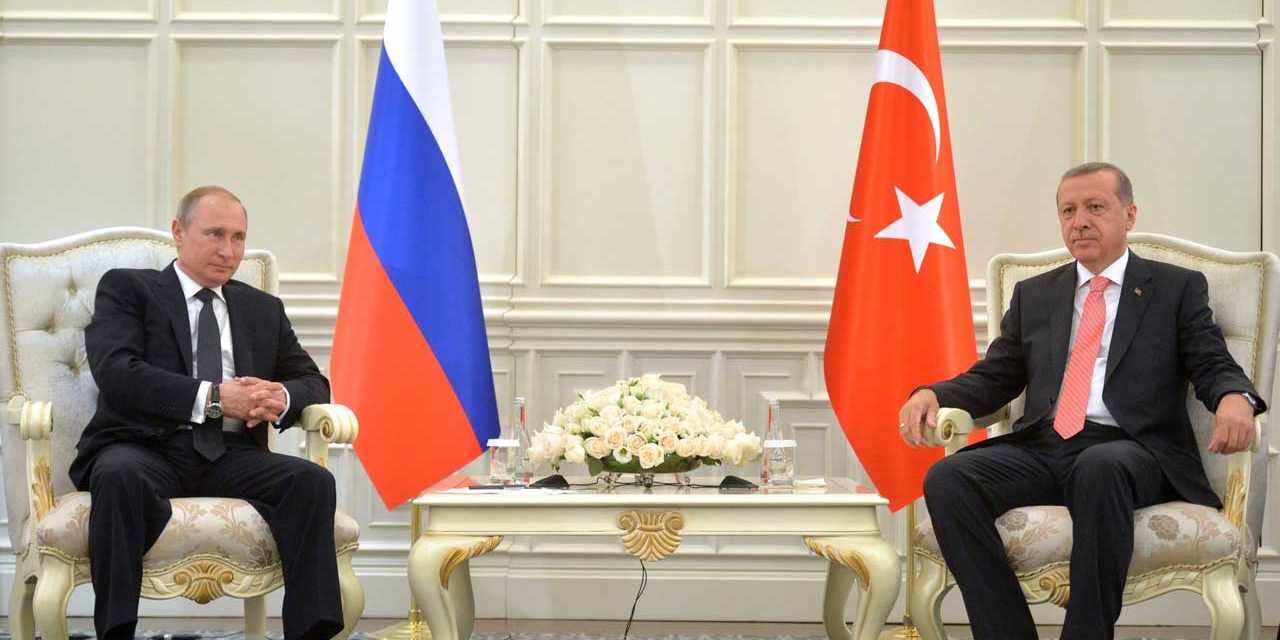Why does it seem each time Russia and Turkey agree to build a geo-strategically game changing intercontinental gas pipeline, ominous events tend to follow?
Last November, a pipeline facilitating the flow of Russian gas to European markets was postponed after Turkey shot down a Russian jet. One year later, Turkey and Russia made up to revive “Turkstream.” Only this time, the terrible events to follow (the art gallery assassination of Russia’s ambassador to Turkey, for instance…) haven’t been sufficiently ominous to postpone the most recent Turkey-Russia pipeline deal, agreed upon at Istanbul’s World Energy Congress in October, just as the hacking allegations began to surface.
There is a growing rift in US-Turkish Relations, but it has little to do with the Kurdish question. After all, why would Turkey be opposed to an independent Kurdistan that’s not in Turkey? It would solve most of their problems while elegantly serving US geostrategic aims: to carve an independent energy-producing region from Northern Iraq. (Ever notice how Kurdish forces always overtake unmovable Islamic State positions, leading to a coincidental fulfillment of those aims? All of which make Erdogan’s growing cries of conspiracy more difficult to dismiss as the ravings of a madman.)
The real rift is over Turkey’s plans to be an energy corridor for Russian gas exports to Europe, partly thanks to the new Turkstream pipeline initiative. It means that America’s vision—to supplant Russian gas with North American liquid natural gas—has never looked shakier. The energy journal Platt’s reported December 27 that gas buyers in northwest Europe no longer have any need for US liquid natural gas imports given the abundance of pipeline gas. And what’s worse, Russia has agreed to build, own and operate Turkey’s first-ever nuclear power plant, to help Turkey meet its domestic energy needs while freeing up additional Russian gas for exports for European markets.
Meanwhile, there’s NATO, still right there. What could possibly go wrong?
Does Senator Lindsey Graham speak for all humanity when he insists that “we as a world” stand opposed to Russian aggression? Or is all this unsubstantiated outcry over election email hacking merely a form of displaced geopolitical aggression related to moves on the energy chessboard?
At the very least, the hacking accusations offer a serviceable distraction from the real issues while giving figures like Graham a fresh excuse for red-faced stick waving and sanction-tightening.
Certainly Western democracy doesn’t need an assist from Russia to be undermined.








Very good analysis and summation.